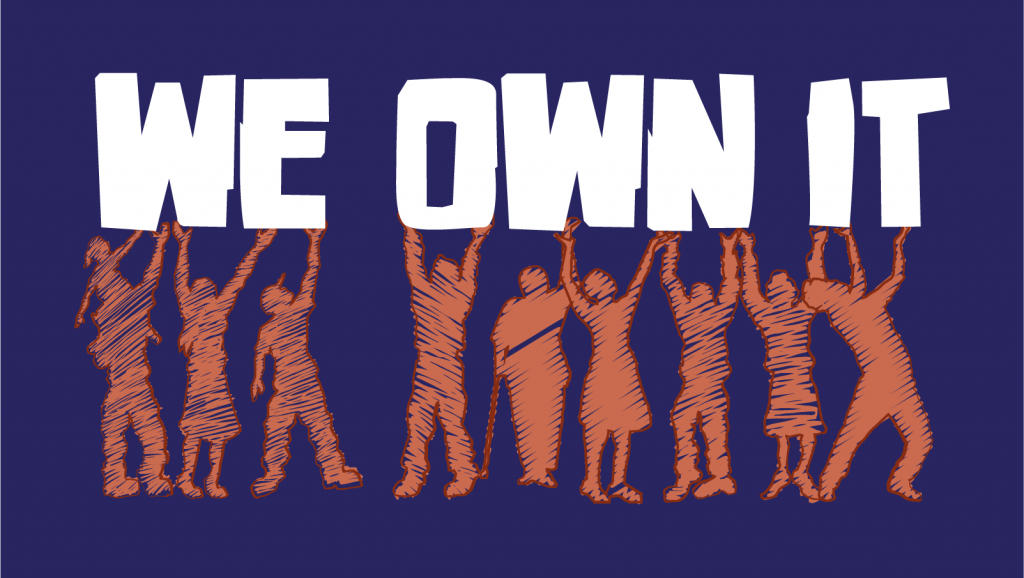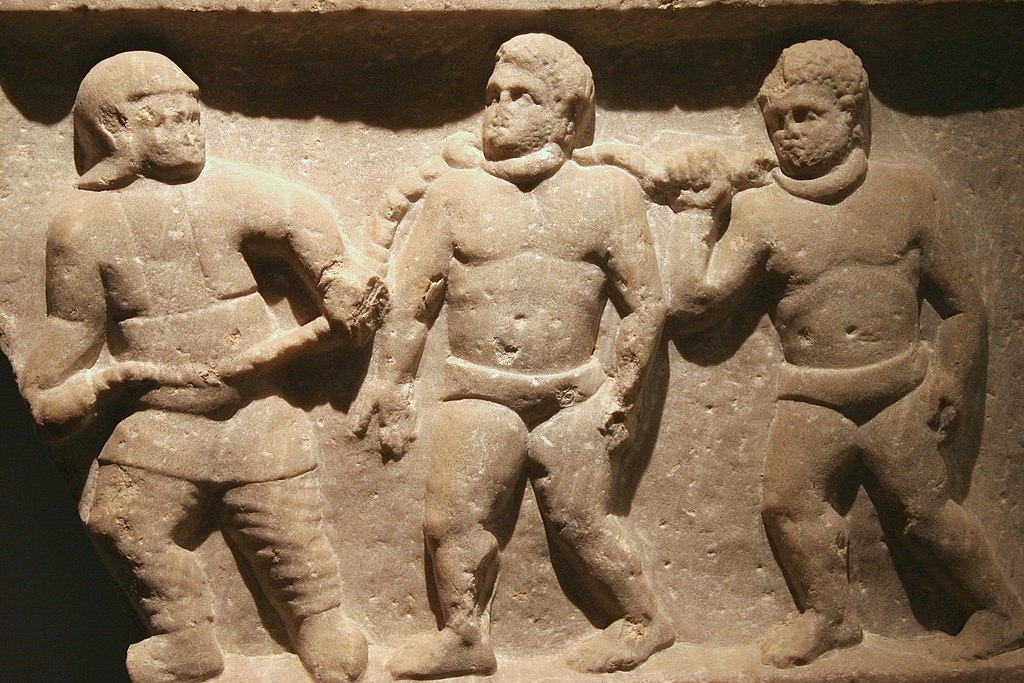
Clown World Chronicles is the best-selling and most highly-rated book that VJM Publishing has ever produced, and one of the best books published by a New Zealander in 2021. Like everything good, some people hate it out of petty spite. This photoessay details VJM Publishing’s encounter with one such spiteful turd.
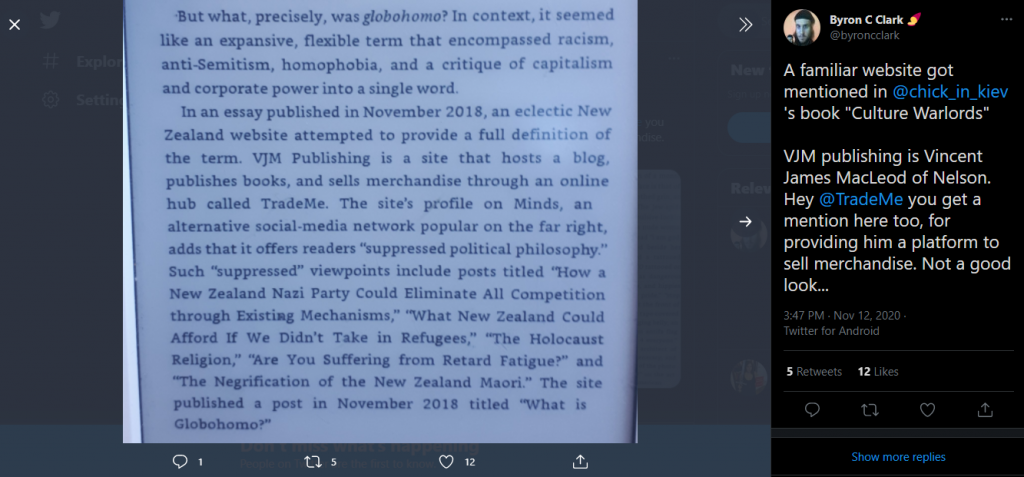
The authoritarian who posted this tweet has had it in for me for some time. I suspect him to be the one who ratted me out to Marxist Human Rights Commissioner Paul Hunt for selling ‘It’s Okay To Be White’ t-shirts on TradeMe. Hunt then went bleating to the mainstream media to say that I was “ideologically adjacent” to Brenton Tarrant, which started a major shitfight.
Byron Clark is the embodiment of Tall Poppy Syndrome. No-one is interested in reading anything he writes because he’s not very intelligent or original. He has no books of his thoughts available for purchase, highly-rated or otherwise. So he devotes himself to destroying those who are intelligent and original.
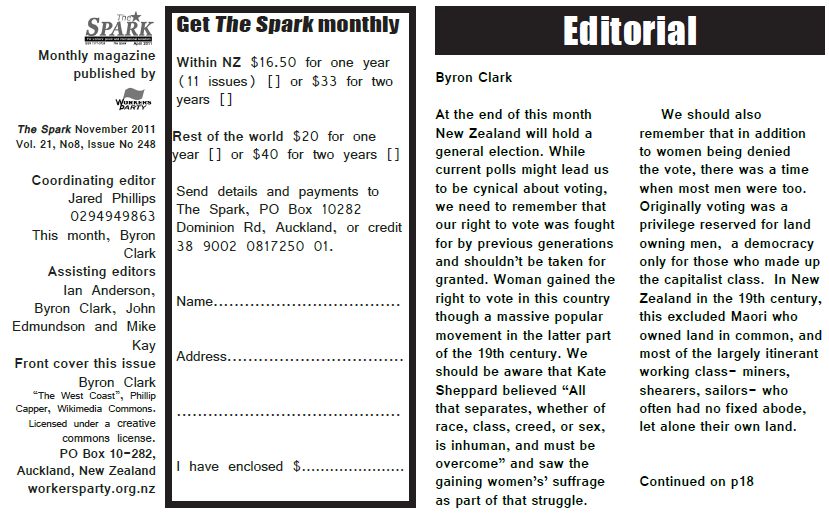
Byron Clark was the Coordinating Editor of the November 2011 issue of The Spark Magazine. As editor responsible, he published an advertisement for t-shirts depicting the logo of terrorist group the Popular Front for the Liberation of Palestine (see page nine).

This terrorist group is responsible for a string of terror attacks that killed dozens of people. In selling t-shirts to fund their actions, Byron Clark has acted as a fundraiser for terrorism, and should therefore be under the close watch of New Zealand security services.

Instead, this authoritarian far-left extremist is let loose to terrorise wrongthinkers online.
Why?

Fundraising for a terrorist organisation in Palestine is the closest Clark has ever come to being influential. There is little doubt that Clark has remained on the radar of Western security services ever since running that advertisement.
As such, there’s no shame in being attacked by the likes of him. If anything, it’s a badge of honour.

Clark had another go at deplatforming me in June 2022, and succeeded, this time ratting me out to a compliant TradeMe “Trust and Safety” officer named Olivia.
At least he’s spelling my name right now!
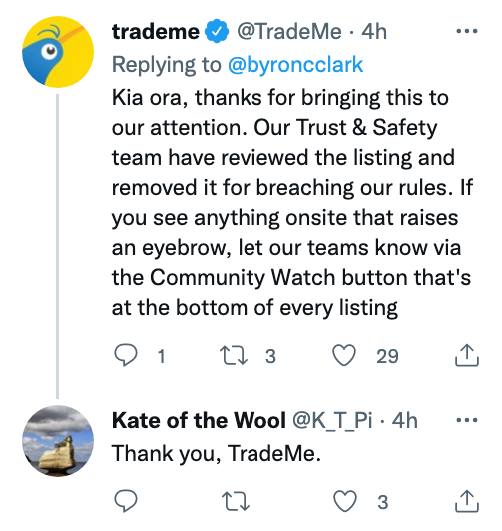
The further impoverishment of a working-class pauper trying to make a living through contributing to anthropological science is evidently a great success for the warriors of socialism.

This time Byron got his wishes. ‘Olivia’ was happy to cancel me by deplatforming Clown World Chronicles, making it harder for me to make a living.

Excited by the smell of blood, other authoritarians like Massey University “researcher” Donna Carson joined the attack. There are few things more pleasurable to society’s scum than a pack assault on some defenceless person, and Carson duly leapt in to help destroy my livelihood.
For what it’s worth, Clown World Chronicles mentions ‘Jew’, ‘Jews’ or ‘Jewish’ only 12 times, and none of those times promote or glorify racial, sexual, religious, political or other intolerance, hatred and violence (see link for proof). Clark and Carson are liars.

Incredibly, TradeMe continues to sell Mein Kampf. By what possible logic is Clown World Chronicles more objectionable than Mein Kampf? None. There is no logic here, just panicky, dumb animals following crude impulses and whimsy. A boot stamping on a human face, forever.

The story does not end here. I wrote the following email to ‘Olivia’, stating that I felt that TradeMe’s actions were discriminatory and, therefore, illegal.

Olivia didn’t bother to answer my email, so I started contacting lawyers.
The case soon picked up attention in the alternative media, with the legendary Stephen Berry covering it on the Mr Berry Mr Berry show.
Meanwhile, the lawyer contacted me and suggested to call me on Monday.
The next step was to create a Change.org petition demanding that TradeMe reinstate sales of my book (you can see the petition here).
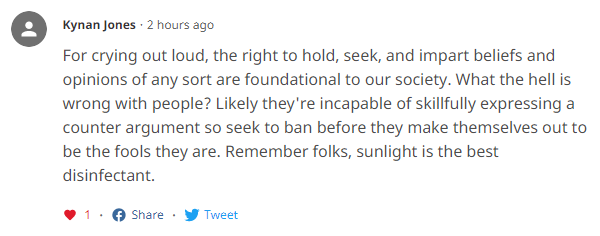
Kynan Jones quite rightly pointed out that the right to freely discuss political ideas is foundational to our society. Without it, we are little better than slaves. Wretches like Clark would reduce us to such a status, where no-one was free to speak about anything without first getting permission from their rulers.
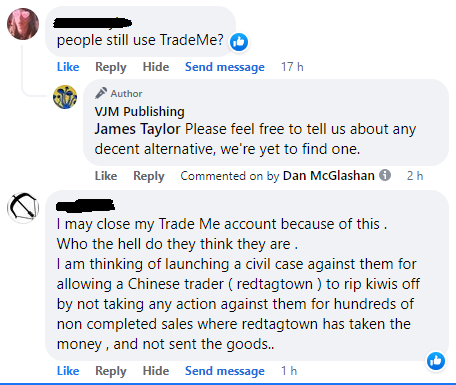
TradeMe’s reputation taking some hits. It could be that their decision to ban me reflects a lack of oversight on account of staffing shortages, or a similar reason. Maybe their Trust and Safety team is shorthanded and some dude posing as ‘Olivia’ pressed some buttons too soon.
Bob Wessex of the Bobbing Along show said some words on my behalf, which was very kind. Having read Clown World Chronicles, she knows the allegations against it to be false.
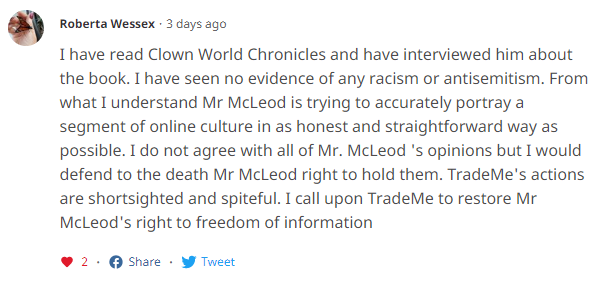
This was Bob’s submission to the petition, which by now had over 200 signatories. The allegations made against the book by authoritarian leftist extremists are lies, and, not only that, they are examples of the same cancel culture that Clown World Chronicles devotes an entire chapter to.
Write a book about cancel culture, get cancelled. That’s pure Clown World.

Another signatory to the petition said out loud what everyone’s thinking: this is insane. It’s insane that a book like Clown World Chronicles might be banned from sale when the seller is happy to sell Mein Kampf. Cancel culture and financial gulaging are insane, antisocial actions more befitting a medieval mob.

Linda Daniel rightly points out that TradeMe here is not acting in a very inclusive manner by banning Clown World Chronicles from sale. Neither are they respecting the intellectual diversity of New Zealand by banning Clown World Chronicles. In banning Clown World Chronicles, and in not banning Mein Kampf, what message were TradeMe hoping to send?
Why is it that a Ngati Porou author who satirises the global ruling class is banned, while a white terrorist fundraiser is given platforms in the mainstream media, all in the name of anti-racism?
Clark and Carson don’t yet have a gulag system to put people like me in, at least not a physical one. So they have to put us in a financial gulag, where we’re not allowed to buy and sell, or communicate our ideas. We can’t make a living if our access to markets is shut off. So they shut us off. Far-left-wing extremists using corporate allies to smash diversity of thought and opinion, in the guise of being pro-diversity – it’s not just globohomo, it’s also Chapter 2 of Clown World Chronicles.

The harassment has continued into 2024, with Donna Carson on Twitter telling lies about ‘It’s Okay To Be White’ t-shirts.

